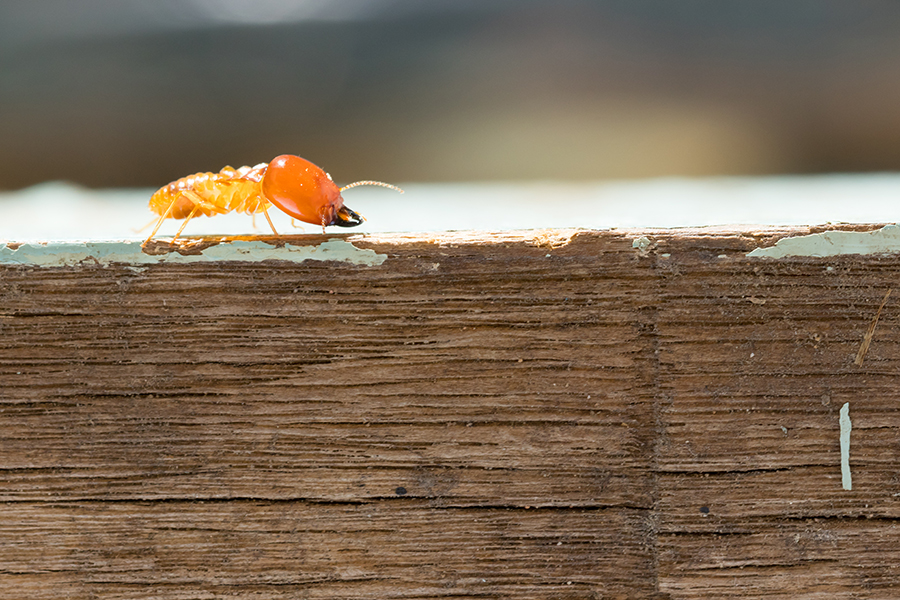It can be hard to understand termites and how much they can do for as small as they are, termites really can cause a lot of damage! While they primarily feed on wood, they can also damage other non-wood areas of your home and yard. Termites do not carry diseases that are harmful to humans or animals, however some people may experience allergic reactions or asthma symptoms when residing in a termite infested space. The average termite damage costs homeowners $3,000 in repairs. Read on to learn more about termites and how to treat infestations.
Termites Common In Georgia
Termites are very common throughout Georgia. In fact, we have some of the highest rates of termite infestations in the United States. It is estimated that 1 in 5 homes in Georgia have been, or will be attacked by termites.
Termite swarming typically occurs in the spring in Georgia, though can also occur during the summer months, to a lesser degree. Ideal swarming conditions include soil with a temperature around 70 degrees Fahrenheit, often in the morning, followed by a warm rain shower.

Understanding Termites Feeding Habits
Termites eat cellulose material commonly found in wood, plants, carpet, insulation, cardboard, fabric and animal feces. In nature, termites feeding on decaying trees and dying plants is helpful, not so much when they begin to infest your home or yard. These pests become a problem when they feed on wooden residential structures, like decks, fences, wooden shingles and furniture. Due to living in large colonies, infestations may go undetected until there is visible structural damage.
How To Treat Termites
There are plenty of “do it yourself” termite treatments on the market. Unfortunately, these products are usually ineffective and do not prevent termites from re-infesting your property. Without specialized training, it can be difficult to detect the precise location of termites in and outside of your home.
Properly trained pest control experts, like our Flexible Pest Services professionals, are necessary to ensure termite treatments are properly applied. Here is the method we use for effective termite extermination:
- Inspection: A trained technician will inspect your property and determine both the species of termite and the severity of the infestation.
- Implement: A customized treatment plan is devised based on your unique situation and circumstances. This may include termite baiting, fumigating, liquid defense and/or termite spot treatments.
- Monitor: Following your treatment, a technician will monitor your home for future signs of termite activity. This continuous, additional layer of security ensures your property is protected from re-infestation.
If you are concerned about the possibility of a termite infestation, our pest control professionals can help. We understand this can be a stressful experience. The fastest, most efficient way to address a termite problem is to contact us at Flexible Pest Services for a FREE inspection today!
